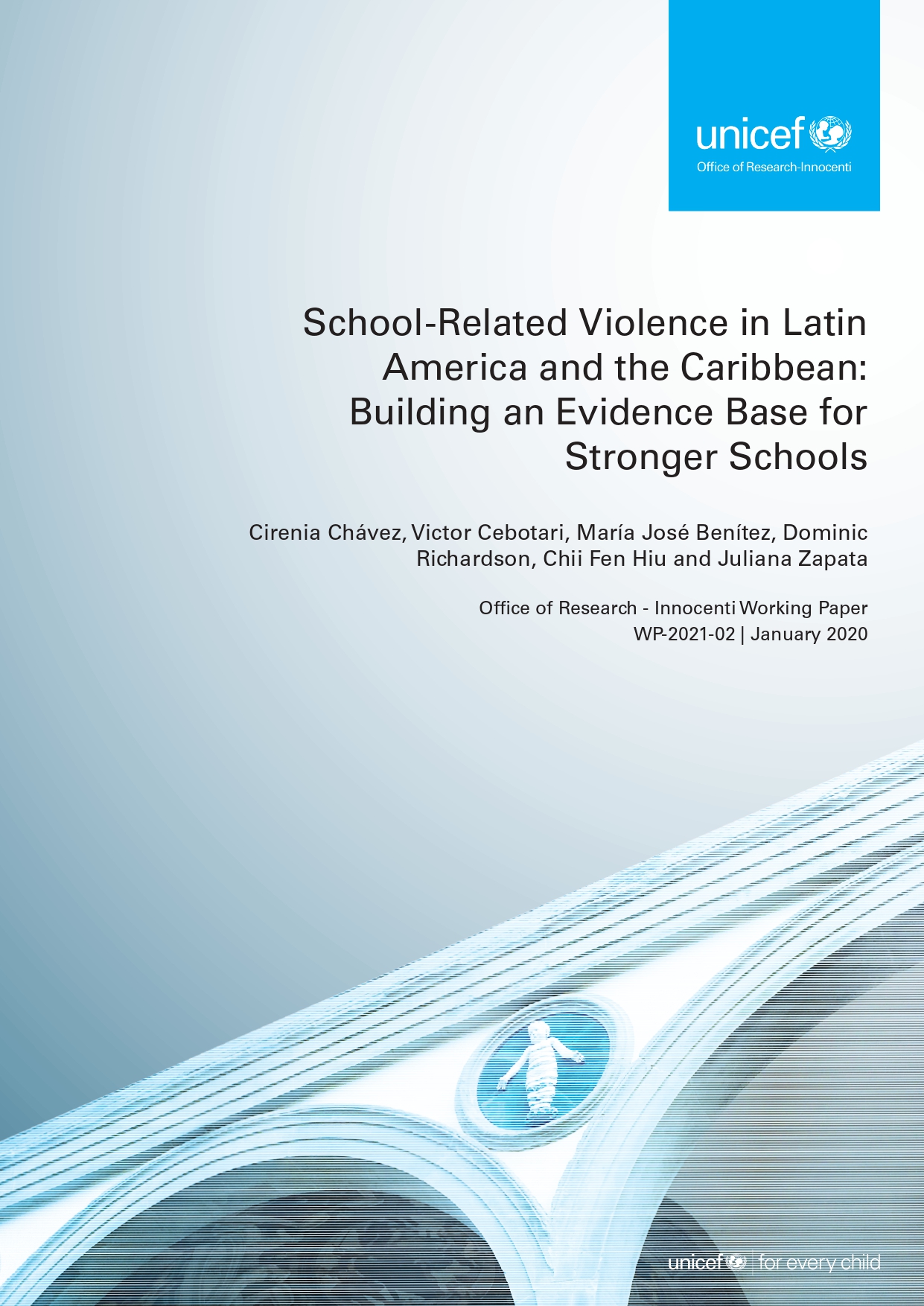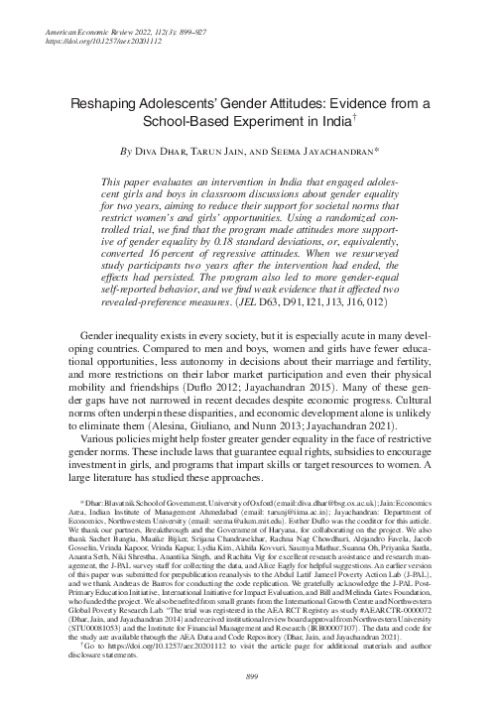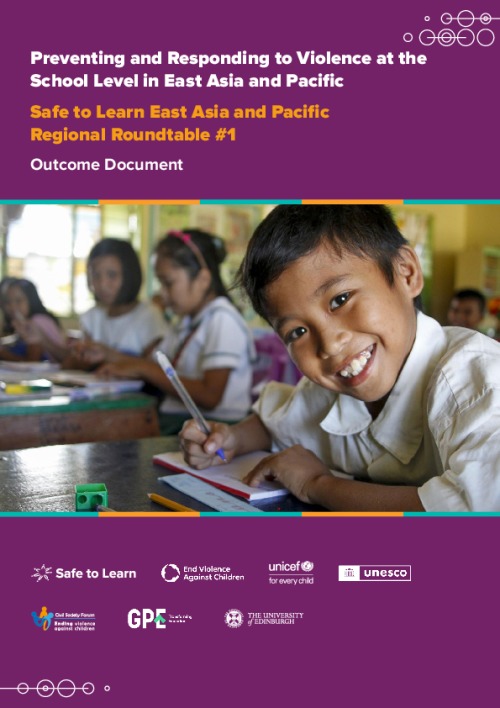Knowledge Hub
Learning and resources on gender in education

School-Related Violence in the Latin America and the Caribbean: Building an Evidence Base for Stronger Schools
The prevalence of school-related violence and in particular, bullying, is not a new or isolated phenomenon, nor is it limited to certain schools or countries. Abundant evidence indicates that bullying is widespread and has a negative impact on educational outcomes. Evidence from low- and middle-income countries on bullying is less extensive when compared to the evidence available on predictors and effects of bullying from high income countries. However, some findings for the Latin American and Caribbean (LAC) region seem to suggest a similar picture, with a high prevalence of...
The prevalence of school-related violence and in particular, bullying, is not a new or isolated phenomenon, nor is it limited to certain schools or countries. Abundant evidence indicates that bullying is widespread and has a negative impact on educational outcomes. Evidence from low- and middle-income countries on bullying is less extensive when compared to the evidence available on predictors and effects of bullying from high income countries. However, some findings for the Latin American and Caribbean (LAC) region seem to suggest a similar picture, with a high prevalence of bullying victimization and association to lower reading scores in different subjects tested. This working paper first uses data from UNESCO’s Third Regional Comparative and Explanatory Study (Tercer Estudio Regional Comparativo y Explicativo, TERCE) for nationally representative samples of sixth grade students to determine the prevalence of bullying and its association to learning outcomes in 15 countries of the LAC region. It then looks at interventions in countries of the region to mitigate the impacts of violence based on information requested from UNICEF Country Offices.


